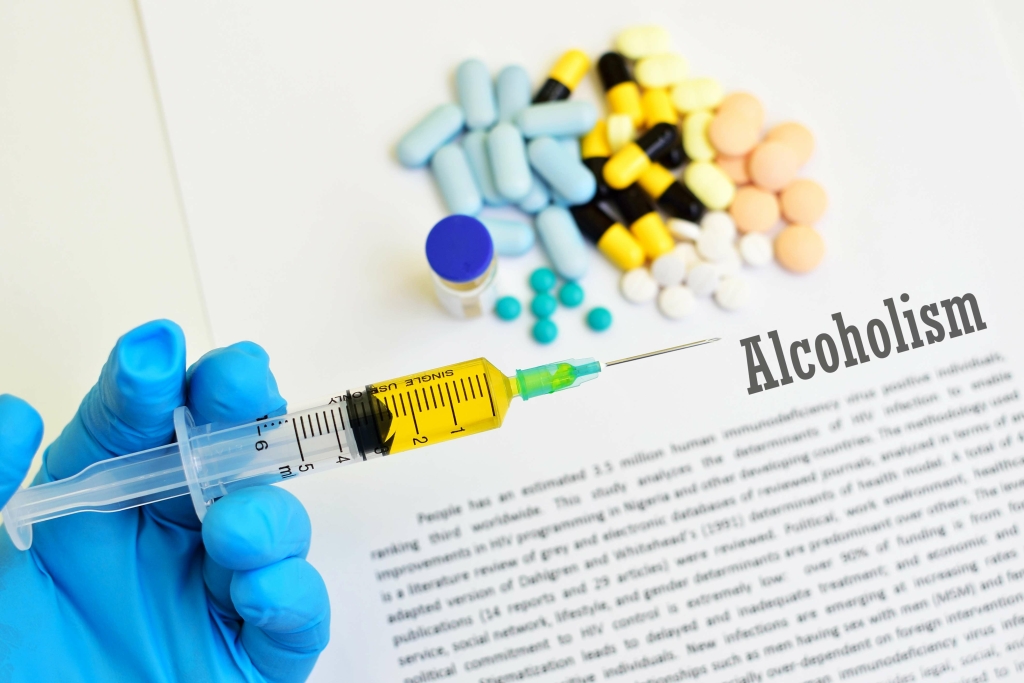Although there is no single risk factor that is dominant, the more vulnerabilities a person has, the more likely the person is to develop alcohol-related problems as a result of alcohol consumption. Poorer individuals experience greater health and social harms from alcohol consumption than more affluent https://thecaliforniadigest.com/top-5-advantages-of-staying-in-a-sober-living-house/ individuals. According to the Centers for Disease Control and Prevention (CDC), 12 ounces of beer, 5 ounces of wine, and 1.5 ounces of 80-proof alcohol constitute one drink. In people assigned female at birth, consuming more than four drinks in one sitting is considered binge drinking.
Long-term effects
Inside my 7-Day Toolkit, you can find my favorite tool, the 3-minute drinking diary, to help you uncover the hidden perceived benefits of drinking. These perceived benefits keep us reaching for a drink even when the negative effects start to pile up. Grappling with dissatisfaction with attempts to cut down, many people become trapped in a sense of self-blame. People who come to me to work on their alcohol consumption often feel perplexed by their own behaviors. They see all the good reasons to drink less, yet for some reason, they just can’t seem to figure out how.
Alcohol use: Weighing risks and benefits
- Alcohol use can exacerbate mental health conditions, like anxiety and depression, or lead to their onset.
- However, it can have inconsistent effects, exciting users under some conditions and sedating users under other conditions.
- Drinking alcohol is so common that people may not question how even one beer, cocktail, or glass of wine could impact their health.
- In people assigned male at birth, alcohol consumption can decrease testosterone production and sperm quality.
At any moment, someone’s aggravating behavior or our own bad luck can set us off on an emotional spiral that threatens to derail our entire day. Here’s how we can face our triggers with less reactivity so that we can get on with our lives. Understanding the “why” behind our drinking can make a crucial difference, as shame and guilt often hinder our ability to understand and make changes.

What effects does alcohol have on health?
Over time, your brain’s structure and function change, leading to tolerance, meaning you may require higher amounts of alcohol to achieve the desired effects. These brain changes contribute to the compulsive nature of addiction, making it difficult to abstain from alcohol. The brain is Sober House highly vulnerable to the damaging effects of alcohol, which disrupts communication between brain cells. Excessive or chronic alcohol use can lead to a steady decline in cognitive function, causing memory problems, difficulty learning new information, mood changes, and behavior changes.
- It’s a good idea to periodically evaluate your relationship with alcohol.
- The evidence for moderate alcohol use in healthy adults is still being studied.
- During this time, a person may do things that they do not remember later.
Charitable Care & Financial Assistance
Health, safety and socioeconomic problems attributable to alcohol can be reduced when governments formulate and implement appropriate policies. Most of the remaining 80 percent is absorbed through the small intestine. Around 5 percent of the alcohol consumed leaves through the lungs, kidneys and the skin.
Psychological effects
Harmful use of alcohol is accountable for 7.1% and 2.2% of the global burden of disease for males and females respectively. Alcohol is the leading risk factor for premature mortality and disability among those aged 15 to 49 years, accounting for 10% of all deaths in this age group. Disadvantaged and especially vulnerable populations have higher rates of alcohol-related death and hospitalization. Alcohol consumption contributes to 3 million deaths each year globally as well as to the disabilities and poor health of millions of people.

